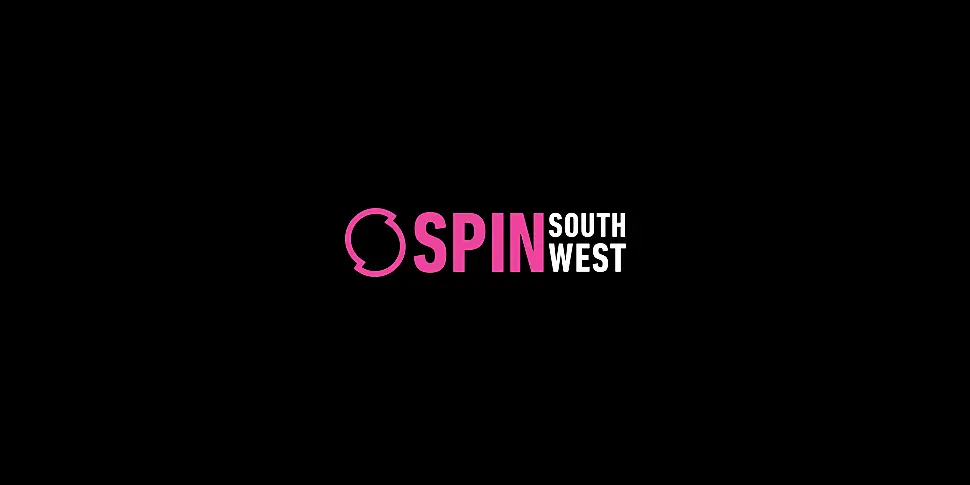Survey Highlights Irish Society’s Resilience During Pandemic, With New Opportunities To Focus On Mental Health
Findings released from St Patrick’s Mental Health Services’ annual Attitudes to Mental Health and Stigma Survey have reiterated the effects of the Covid-19 pandemic on the nation’s mental health, with results showing that nearly half of Irish adults (41%) have been treated for a mental health difficulty – representing an increase of 6% from last year’s findings and a 16% increase since 2019.
The survey, carried out by Amárach Research on behalf of St Patrick’s Mental Health Services, polled a nationally representative sample of nearly 850 adults and was conducted online between 30 June and 7 July 2021.
One-quarter of respondents are experiencing mental health difficulties for the first time since the onset of the pandemic, and some 43% noted that they themselves, or a family member, have sought mental health treatment or support during this time.
Despite the higher number of people experiencing mental health difficulties or seeking support, 66% believe that being treated for a mental health difficulty is still seen by Irish society as a sign of personal failure, and 16% would consider it a sign of weakness if they sought help for a mental health difficulty during the ongoing pandemic, with these figures highlighting the need for a sustained approach to tackling mental health stigma in Ireland.
The increased mental health implications from Covid-19 however, are not exclusive to adults, as the survey also revealed that 23% of parents to under-18s have sought mental health support for their child (7% increase since 2020), and of these parents who have sought support, 57% have had their child diagnosed with a mental health difficulty – an increase of 20% since 2020.
When asked about the long-term impact of the pandemic on their child’s mental health, 62% of parents are concerned, and 49% of parents believe that lockdown restrictions have negatively impacted their child’s mental health – a 15% increase since 2020, coinciding with the introduction of ongoing restrictions since March last year.
The effects of the pandemic on young people’s mental health are also echoed in a recent survey of parents, carried out this year by Walk in My Shoes, St Patrick’s Mental Health Services’ awareness-raising and education campaign, in conjunction with the National Parents Council Primary.
This year’s annual mental health survey also showed a significant increase in the number of respondents who believe that there is a worrying prevalence of anxiety in Irish society (87%) – representing an increase of 10% in just two years.
Findings also revealed that:
75% of respondents have had someone disclose to them that they have, or have had, a mental health difficulty.
62% are afraid of experiencing mental health difficulties themselves in the future.
58% of respondents are concerned about theirs, or a family member’s, mental health due to the pandemic.
While the findings have re-affirmed some of the mental health implications borne as a result of the pandemic, they have also highlighted Irish society’s resilience and ability to find new opportunities for mentally healthy living in the face of unprecedented challenges:
55% of respondents believe that the pandemic has led to positive changes in the workplace and an opportunity to reflect on values and priorities.
56% of respondents are more comfortable talking openly about their mental health now than they were before the pandemic.
72% believe Irish society is more open to talking about mental health issues since the onset of the pandemic.
Since the onset of Covid-19, 51% of respondents have introduced new ways to support their mental health and wellbeing, namely; increased time outdoors, introducing an exercise regime, speaking more openly about mental health; and taking up a new hobby.
46% believe that the easing of restrictions has positively impacted their mental health.
Speaking of the significance of this year’s survey results, Paul Gilligan, Chief Executive, St Patrick’s Mental Health Services said:
"The results from our annual behaviour and attitudes survey have shown the effects of the pandemic on mental health have been far-reaching, with impacts on all age cohorts.
Positively, however, 43% of respondents have sought, or know someone who has, sought mental health support during this time, demonstrating a willingness to overlook stigma and seek vital support when needed.
Despite the many challenges brought on by Covid-19, this year’s findings also demonstrate the incredible resilience of Irish society and their readiness to look on the positive side of what has been an especially difficult 18 months.
From the results, we can see that the Irish population has also recognised the opportunities that Covid-19 has created including increased workplace flexibility, opportunities to reflect on values and priorities and being able to speak more openly about mental health.
It is important that we support those with mental health difficulties in the aftermath of the pandemic, and leverage the many opportunities the pandemic has presented to create a more mentally healthy society.”
Introduced in 2015, St Patrick’s Mental Health Services’ annual survey, each year also explores Irish society’s attitudes to mental health, with year-on-year comparisons highlighting, that while progress is slow, there are improving attitudes towards mental health difficulties and mental health stigma:
68% of respondents think Irish people would accept someone with a mental health problem as a close friend – this figure stood at 58% in 2017.
89% of people would tell someone if they were experiencing a mental health difficulty.
57% of respondents believe Irish people would treat someone with a mental health difficulty the same as anyone else. In 2015, when this survey. was first conducted, only 28% of respondents agreed with this statement.
77% believe that someone who experiences panic attacks could be head of a company (59% agreed in 2017).
61% would be okay explaining to their boss that they needed time off due to a mental health difficulty (59% in 2017).
Following this year’s survey results, and in further efforts to tackle the stigma which persists in society and raise awareness of mental health, St Patrick’s Mental Health Services and Walk in My Shoes are delighted to announce the return of WIMS Live – an online programme of mental health promotion events and initiatives.
This year, WIMS Live, which is aimed at everyone from parents and teachers to students and those with experience of mental health difficulties, will run over the course of a month from the last week in September, with something particularly special lined up to mark World Mental Health Day on 10 October.
Keep an eye on www.walkinmyshoes.ie over the coming weeks for the launch of the full schedule of events.
For further information about this year’s Attitudes to Mental Health and Stigma Survey, click here.












